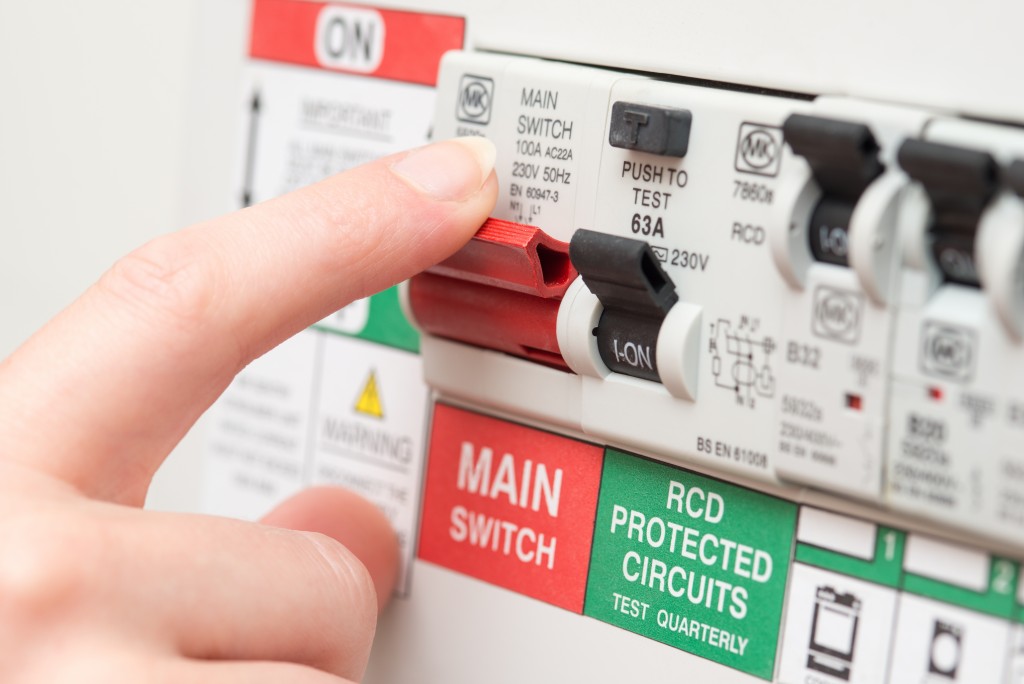In today’s technology-dependent world, electricity has become essential for many, and though convenient, it still has its risks, making safety vitally important. Thousands of individuals in the United Kingdom get into accidents involving electric shocks or burns in their own homes every year.
An average of 20,000 accidental fires in UK homes happens annually, injuring thousands and claims over 300 lives every year. Luckily, these incidents are easily preventable.
To help you enjoy your favourite gadgets, appliances, and other devices at home, here are some electric safety practices you should observe at home—ensuring safety and fun times.
Replace or Repair Damaged Electrical Cords Immediately
Damaged electric cords can be extremely hazardous as it’s capable of causing fires and electrocution. Make sure you check all power and extension cords around your home through EICR testing regularly for signs of fraying or cracking. When you encounter any discrepancies, replace these immediately. Additionally, never place power cords under rugs or furniture as it can quickly overheat when confined to small spaces.
Don’t Overload Outlets
All outlets inside the house can deliver a particular amount of electricity. When you go over its limits by plugging into many devices at once, it can cause an electrical—or a small explosion. If you don’t have many outlets at home and need to use several gadgets simultaneously, you can use an energy-saving power strip to accommodate your needs safely.
Unplug All Appliances
One of the simplest yet neglected ways of ensuring electrical safety at home is unplugging appliances and other devices from outlets when not in use. Doing this can save you power by reducing phantom drains or energy appliances or gadgets when not actively used and also prevent them from overheating or resulting in power surges that usually lead to explosions.
Although it can be challenging to remember to unplug an unused appliance, a newer generation of smart plugs allows you to set power schedules for each outlet in your house. Invest in these for a safer and more convenient home.
Keep All Electrical Equipment Away From Water
It’s known that water and electricity don’t mix well, so it makes sense to keep all your electrical equipment away from any water sources to prevent damage and protect you against electrocution and other personal injuries. It’s best to place electrical appliances and other devices away from potted plants, aquariums, sinks, and showers.
Give Appliances Enough Space
When electrical equipment doesn’t get proper circulation, they can quickly overheat and short circuit, becoming an electrical fire hazard in the home. That’s why you must provide your appliances and other devices with adequate circulation and avoid running electrical wires in enclosed cabinets or under the carpet. Moreover, it’s wise if you store any flammable objects such as hairsprays away from electrical equipment.
Protect Children from Hazards
Small children are naturally curious and love to explore just about everything inside the home, making electrical outlets a significant safety hazard for them. So, if you have any toddlers at home, place tamper-resistant safety caps on all your electrical outlets, tidy up loose cords, and out of reach of children to ensure their safety.
Electrocutions and house fires can easily be prevented by following the electrical safety principles and adherence to the safety practices mentioned. Incorporate the precautions mentioned, and you’ll be enjoying your favourite gadgets confidently and safely at home year-round.
